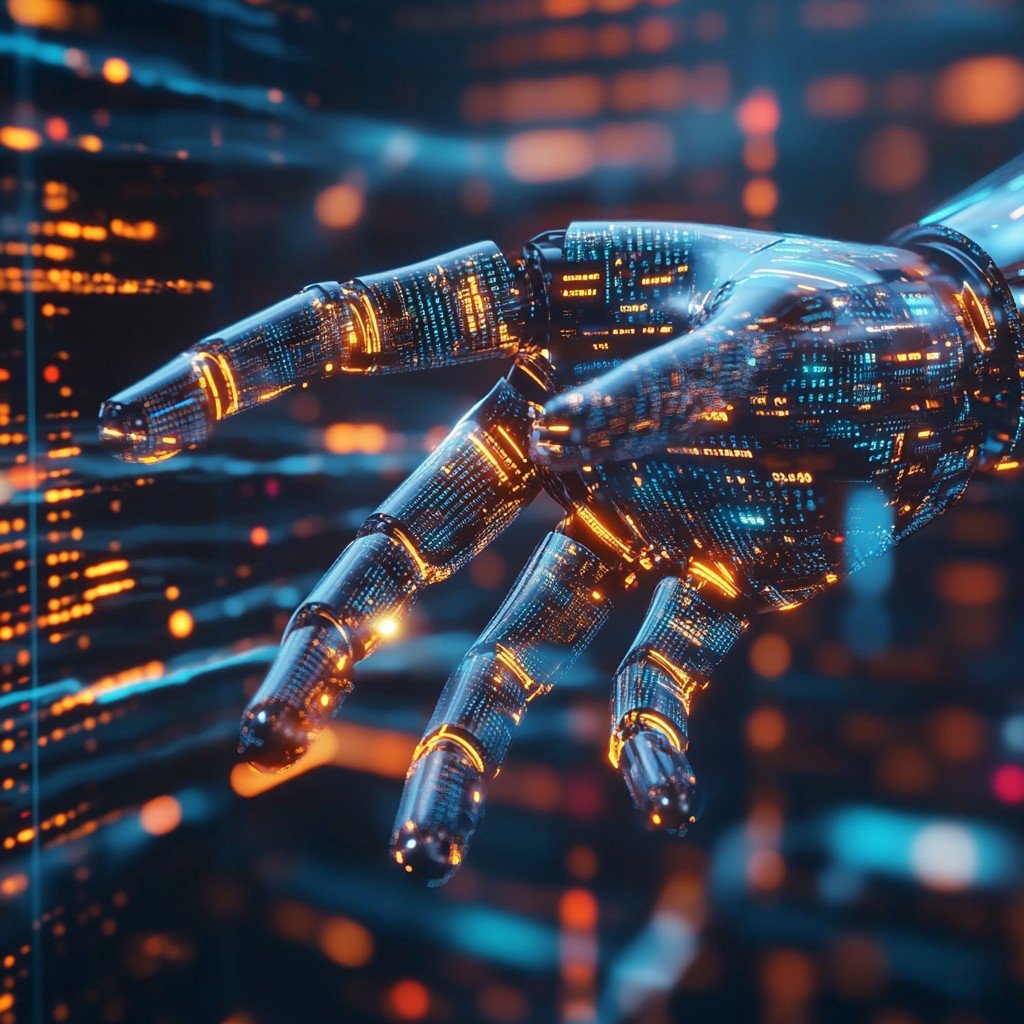Introduction
Artificial Intelligence (AI) is no longer a futuristic concept but a present-day reality that is transforming various sectors of our society. From healthcare to entertainment, AI is making significant strides in improving efficiency, accuracy, and personalization. This blog delves into the most exciting AI innovations that are set to revolutionize our future, exploring their current applications and potential impacts.
AI in Healthcare
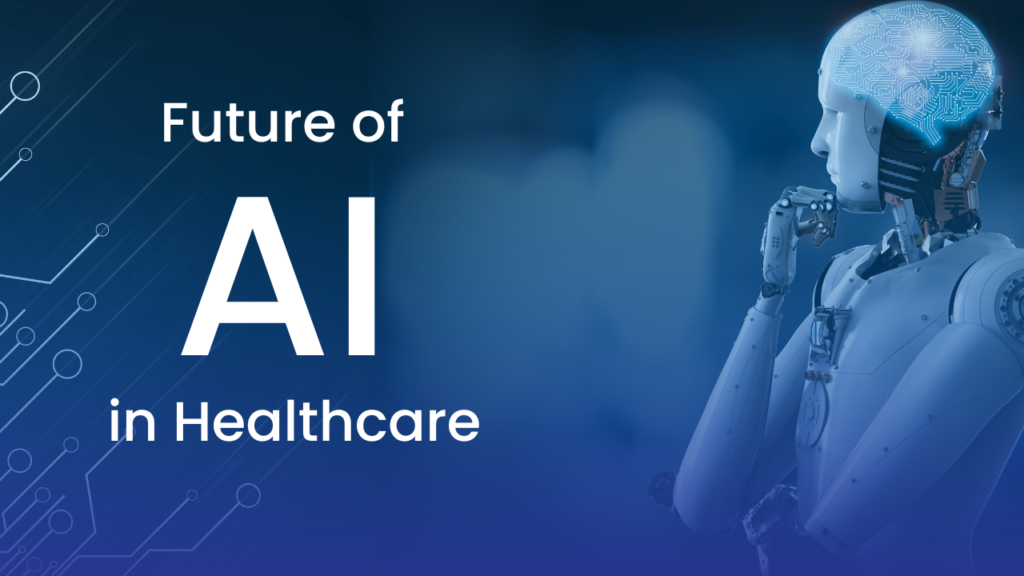
AI-Powered Diagnostics
AI is revolutionizing diagnostics by enabling more accurate and faster identification of diseases. Machine learning algorithms analyze medical images, such as X-rays and MRIs, to detect abnormalities with high precision. For instance, AI systems are now capable of diagnosing conditions like cancer and cardiovascular diseases, often with greater accuracy than human doctors.
Personalized Medicine
AI is playing a crucial role in personalized medicine by analyzing genetic, environmental, and lifestyle data to tailor treatments to individual patients. This approach not only improves patient outcomes but also minimizes the risk of adverse effects, paving the way for more effective and efficient healthcare.
Robotic Surgery
Robotic surgery is another groundbreaking innovation powered by AI. These AI-driven robots assist surgeons by providing enhanced precision and control during complex procedures. This results in less invasive surgeries, quicker recovery times, and reduced risk of complications.
Predictive Analytics in Healthcare
Predictive analytics uses AI to forecast future health outcomes based on historical data. This is particularly useful in managing chronic diseases and optimizing hospital resources. AI-driven predictive analytics can identify patients at risk of developing certain conditions, enabling early intervention and preventive care.
AI in Mental Health
AI is also being leveraged to address mental health issues. AI-powered chatbots and virtual therapists provide accessible mental health support, analyzing speech patterns and text inputs to detect signs of mental distress and offer appropriate interventions.
AI in Transportation
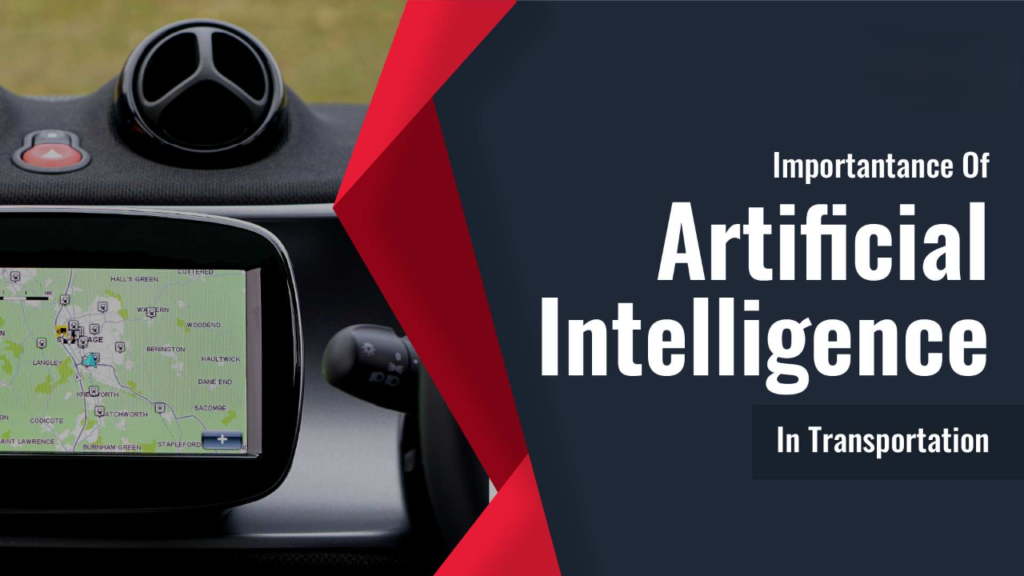
Autonomous Vehicles
Autonomous vehicles (AVs) are one of the most visible applications of AI in transportation. These self-driving cars use AI algorithms to navigate and operate without human intervention, promising to reduce accidents and improve traffic flow. Companies like Tesla and Waymo are leading the charge in this revolutionary technology.
AI in Traffic Management
AI is optimizing traffic management by analyzing traffic patterns and predicting congestion. This allows cities to adjust traffic signals and manage road usage more efficiently, leading to reduced travel times and lower emissions.
Predictive Maintenance for Vehicles
Predictive maintenance uses AI to predict when vehicle components are likely to fail, enabling timely repairs and replacements. This approach prevents breakdowns, reduces maintenance costs, and extends the lifespan of vehicles.
AI in Education
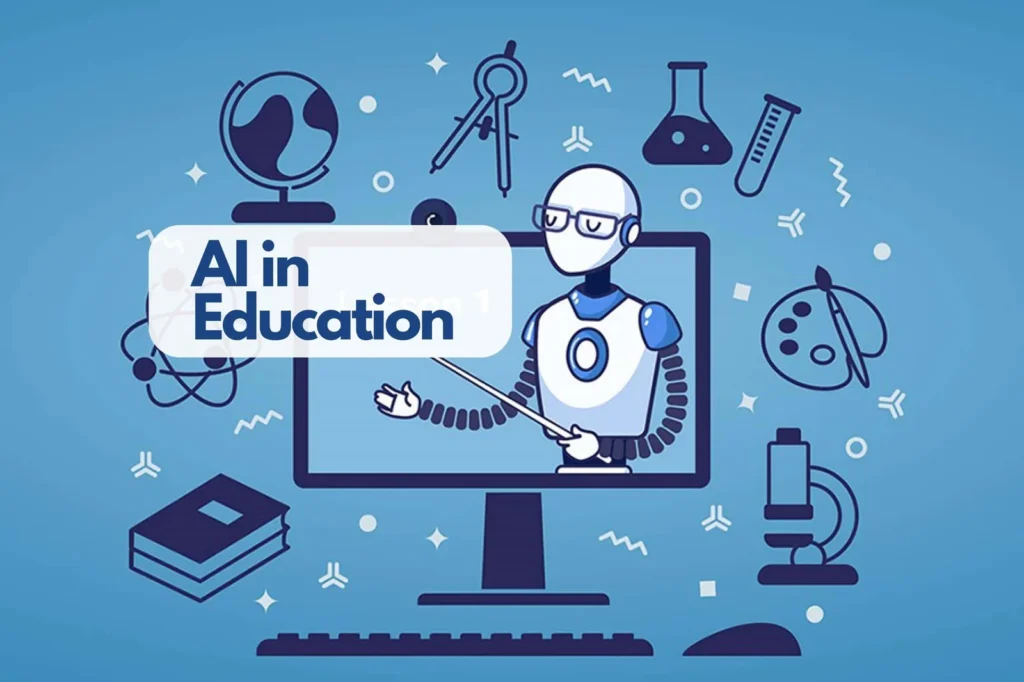
Personalized Learning Experiences
AI is transforming education by enabling personalized learning experiences. Adaptive learning platforms assess students’ strengths and weaknesses, tailoring lessons to meet their individual needs. This personalized approach helps students learn more effectively and at their own pace.
AI-Powered Educational Tools
AI-powered tools like intelligent tutoring systems and virtual teaching assistants provide additional support to students. These tools can answer questions, provide feedback, and offer personalized study recommendations, enhancing the overall learning experience.
Virtual Classrooms and AI
AI integration in virtual classrooms creates more interactive and engaging learning environments. Real-time language translation, automated administrative tasks, and student participation analysis are some of the ways AI is enhancing online education.
AI in Finance
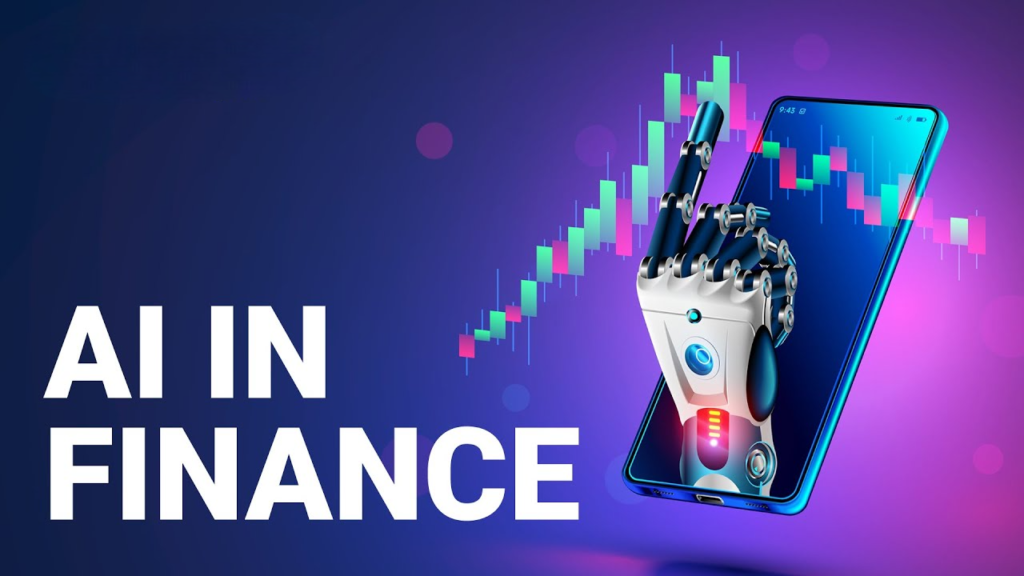
AI for Fraud Detection
In Finance, AI is used to detect and prevent fraud. Machine learning algorithms analyze transaction data in real-time to identify suspicious activities, such as unusual spending patterns or unauthorized access, thereby protecting customers’ assets.
Automated Trading Systems
AI-powered automated trading systems are revolutionizing the stock market. These systems analyze market data and execute trades at high speeds, often outperforming human traders. They optimize investment strategies and reduce the risk of human error.
Personalized Financial Planning
AI enhances personalized financial planning by analyzing an individual’s financial data and providing tailored advice. Robo-advisors use AI to create and manage investment portfolios based on clients’ goals and risk tolerance.
AI in Entertainment
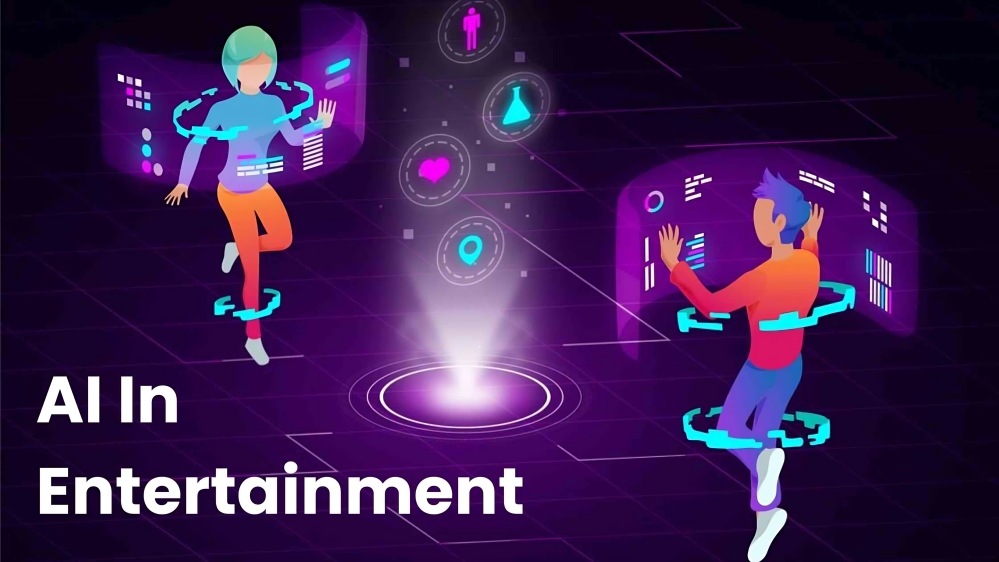
AI-Generated Content
AI is making waves in the entertainment industry by generating music, art, and scripts for movies and TV shows. These AI-generated works push the boundaries of creativity and open up new possibilities for artists and creators.
Personalized Streaming Services
AI algorithms analyze user preferences to recommend personalized content on streaming platforms. This ensures that users discover new content that aligns with their tastes, enhancing their viewing experience.
AI in Video Games
AI is also transforming the gaming industry by creating more realistic and intelligent in-game characters. These characters can adapt to players’ actions and provide more immersive gaming experiences.
Ethical Considerations in AI

Privacy Concerns
As AI systems collect and analyze vast amounts of data, privacy concerns become paramount. Ensuring that AI technologies respect user privacy and data security is crucial for their acceptance and success.
AI Bias and Fairness
AI systems can sometimes exhibit bias, leading to unfair outcomes. Addressing and mitigating AI bias is essential to ensure that these technologies benefit everyone equally.
Accountability in AI
As AI systems become more autonomous, determining accountability for their actions becomes challenging. Establishing clear guidelines and regulations for AI accountability is crucial to address this issue.
Future Prospects of AI
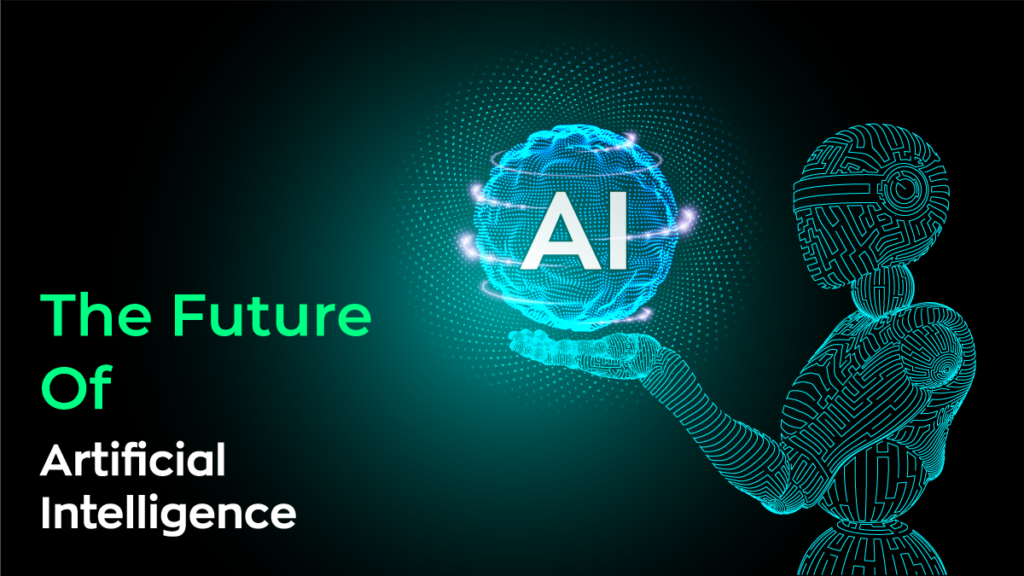
Emerging AI Technologies
The future of AI holds exciting possibilities with the emergence of new technologies such as quantum computing and neuromorphic engineering. These advancements promise to further enhance AI capabilities and open up new applications.
Potential Impact on Society
AI has the potential to significantly impact various aspects of society, from job markets to social interactions. Understanding and preparing for these changes is essential to harness AI’s benefits while mitigating its risks.
Predictions for AI Development
Experts predict that AI will continue to evolve, with advancements in areas like general AI and human-AI collaboration. These developments could lead to even more sophisticated and capable AI systems.
Conclusion
AI is revolutionizing various sectors, transforming how we live, work, and interact with the world. From healthcare to entertainment, the most exciting AI innovations are paving the way for a more efficient, personalized, and interconnected future. As we embrace these advancements, it is essential to address ethical considerations and prepare for the societal impacts of AI. The journey of AI is just beginning, and the possibilities are limitless. Stay informed, stay engaged, and be part of the AI revolution.
Learn More About Topics
Learn More About Artificial Inteligence in HealthCare https://en.wikipedia.org/wiki/Artificial_intelligence_in_healthcare
Learn More About Artificial Inteligence Transportation https://en.wikipedia.org/wiki/Intelligent_transportation_system
Learn More About Artificial Intelligence in Education https://en.wikipedia.org/wiki/Artificial_intelligence_in_education
Learn More About Ethics of Artificial Intelligence https://en.wikipedia.org/wiki/Ethics_of_artificial_intelligence

